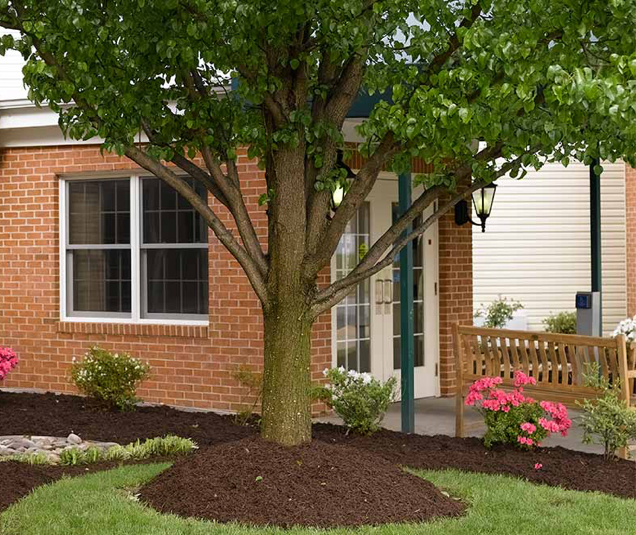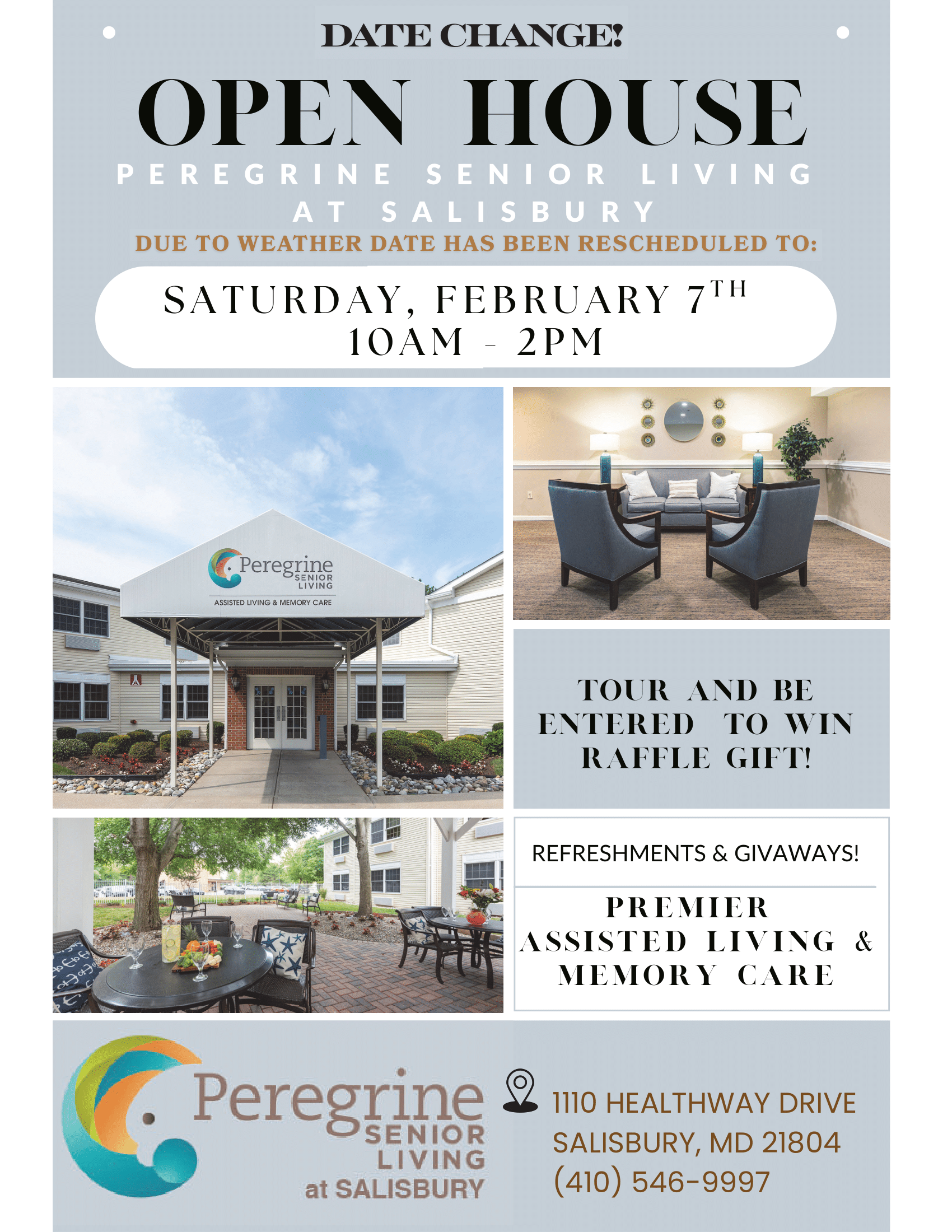It’s been said before, but aging brings many changes to a person’s life. Some of these changes are a natural part of growing older, while others can be the first sign of more serious issues. It’s natural, for instance, for people to notice changes in their memory and cognitive abilities.
While some degree of forgetfulness is a normal part of aging, it’s important to distinguish between simple forgetfulness and the early signs of dementia, as dementia may require dedicated care.
Normal forgetfulness involves occasional memory lapses, while dementia affects daily functioning and cognition. While spotting these differences in those we love can be difficult, early detection of dementia can help seniors and their families ease into this new stage of life.
What Is Normal Forgetfulness from Aging?
Normal forgetfulness is a common occurrence as people age. These lapses in memory are generally mild and don’t significantly interfere with daily life or an individual’s ability to function independently. They are more of an inconvenience than a serious concern.
In many cases, instances of forgetfulness can be managed with simple strategies, such as creating lists, setting reminders on smartphones or sticky notes, and keeping essential items in designated spots.
Memory problems can also result from:
- Sleep problems
- Poor nutrition
- Depression, anxiety, and other mental health conditions
- Head injuries, such as concussions
- Blood clots, tumors, or brain infections
- Thyroid, kidney, or liver problems
- Medication side effects
- Alcohol
- Drugs
This is all to say that, while dementia is certainly a concern for seniors, not every forgotten name is a sign. Sometimes it really just is forgetfulness.
Recognizing Dementia Symptoms
Dementia, including Alzheimer’s disease, is a more serious condition that affects the brain’s ability to function properly. Unlike normal forgetfulness, dementia symptoms greatly disrupt daily life and lead to challenges in planning, problem-solving, and communication. Memory loss becomes more pronounced, making it difficult to remember recent conversations or appointments.
Often, the difference between normal forgetfulness and dementia comes down to scale. Briefly forgetting what day it is before remembering later can be perfectly normal, but constantly forgetting the time of year could indicate that your loved one should see a professional.

The Stages of Dementia
Dementia, and by extension, Alzheimer’s, is progressive, which means its symptoms gradually worsen over time. Early symptoms that could be shrugged off as normal aging will eventually become unavoidable, and people living with dementia will begin to need more and more support.
Typically, Alzheimer’s is divided into 3 stages:
- Early Stage: Mild memory loss and subtle cognitive changes that may not be immediately noticeable to the person experiencing them. However, a person’s family and friends may suspect that something is wrong. It’s possible during these early stages to still work and live independently.
- Middle Stage: Increased memory lapses, confusion, behavioral issues, and difficulties with communication become more apparent. This is generally the longest stage and its specifics can vary depending on the person. Many people can still participate in daily activities with some help, but often they require more specialized care.
- Late Stage: Significant memory loss, requiring assistance with daily activities and involving changes in physical abilities. At this stage, the person requires around-the-clock care and may be unable to communicate much at all.
Recognizing these stages helps families prepare for the evolving needs of their loved ones.
What to Do if You Spot Signs of Dementia?
If you notice signs of dementia in your loved one, approach the situation with care and understanding. Begin by having an open and compassionate conversation about your concerns, giving specific examples if possible. Encourage your loved one to visit a medical professional for an accurate diagnosis and to discuss potential treatment options.
After a diagnosis, give your loved one some time to come to terms with their situation. Tell them it’s okay to be sad and even a little scared. Let them know you’ll be there for them and help them plan for the future. This can include considering legal, financial, and care arrangements. Plus, exploring memory care communities early on can provide an avenue for ongoing support and a positive living environment.
What Is Memory Care?
Memory care is a specialized senior living lifestyle designed to support those with memory impairments like dementia. These communities offer a safe and structured environment where residents can thrive while receiving assistance for daily tasks like cleaning, cooking, and dressing.
Memory care isn’t just about assistance; it can also be a new chapter in your loved one’s life. Memory care communities can offer daily adventures in a secure environment. Residents enjoy a sense of belonging with activities that spark joy and creativity. Whether your loved one enjoys outings, art and music sessions, or exercise classes, there are dozens of ways to nurture both their body and spirit.
The benefits of memory care are many, including:
- Giving families peace of mind knowing their loved ones are safe.
- Personalized care that adapts to each individual’s needs, focusing on dignity and respect.
- Compassionate support from caregivers who encourage independence.
- Social engagement helps combat isolation and fosters lasting friendships.
Memory care is about celebrating life, offering growth, enjoyment, and cherished moments every day.
Discover a New Chapter in Care
By understanding the differences between normal forgetfulness and dementia, you can empower your family to make informed decisions and seek the necessary support.
When the time comes for memory care, let Peregrine Senior Living be by your side! Contact us to learn more about our vibrant memory care communities today. Experience firsthand the warmth, compassion, and personalized care that defines The Peregrine Way.
Let’s start this new chapter together!













Valentine’s Happy Hour with Dawn Williams 💗 ... See MoreSee Less
0 CommentsComment on Facebook
February is American Heart Month, a time to focus on caring for the muscle that keeps us moving and thriving. 🫀
We encourage residents to take heart-healthy steps every day: enjoying balanced meals, staying active, connecting socially, and taking moments to rest and recharge.
Together, we can make heart health a daily celebration of life and well-being.
peregrinesalisbury.com/ ... See MoreSee Less
0 CommentsComment on Facebook
Want to stay connected with what’s happening across our community?
Follow us on Instagram for updates, moments we love, and stories worth sharing.
Come join the community by following us via the link below ⬇️
www.instagram.com/peregrinesalisbury/ ... See MoreSee Less
0 CommentsComment on Facebook
“Cooking is love made edible.” - Unknown 🍕
Memory Care residents made personalized pizzas for National Pizza Day! ... See MoreSee Less
0 CommentsComment on Facebook
Happy hour with Benny Rosa ... See MoreSee Less
0 CommentsComment on Facebook
Like flowers, we can also choose to bloom." — The Goddess
Assisted Living Residents made tissue flowers 🌸 ... See MoreSee Less
0 CommentsComment on Facebook
This month, we celebrate the incredible achievements, resilience, and cultural richness of Black Americans who have shaped our history and continue to inspire our future.
We believe in honoring every story and embracing the diverse experiences that strengthen our community. May this month remind us all to listen, learn, and uplift—today and always.
peregrinesalisbury.com/ ... See MoreSee Less
0 CommentsComment on Facebook